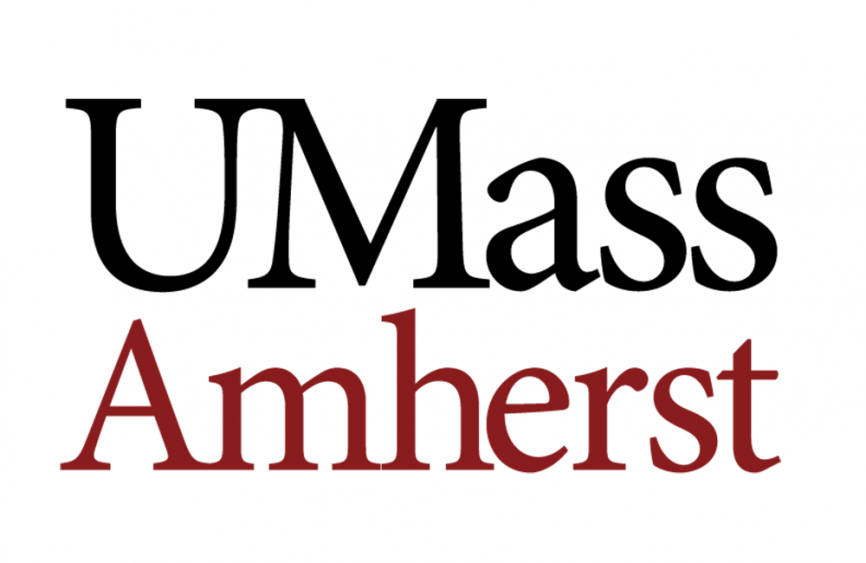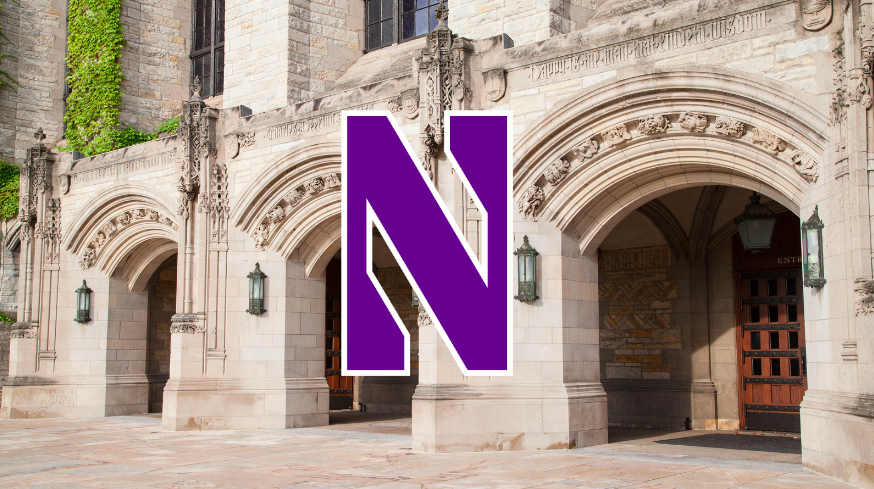 The Free Application for Federal Student Aid (FAFSA), which so many college applicants, students, their families depend on in order to acquire much-needed aid for the cost of a college education, has completely failed this admissions cycle after undergoing a botched redesign and relaunch by the US Department of Education.
The Free Application for Federal Student Aid (FAFSA), which so many college applicants, students, their families depend on in order to acquire much-needed aid for the cost of a college education, has completely failed this admissions cycle after undergoing a botched redesign and relaunch by the US Department of Education.
In response to the announcement that FAFSA applicant information will not be available to colleges until March, the National Association for College Admissions Counseling (NACAC) and other associations are urging colleges to extend their enrollment and financial aid deadlines beyond the traditional May 1 reply-by date. This is to ensure students and families have time to consider their financial options before making enrollment decisions. In response to the FAFSA delay, NACAC CEO Angel Pérez also issued a statement.
While the U.S. Department of Education announced a FAFSA College Support Strategy to provide additional personnel, funding, resources, and technology to help colleges process student data and deliver financial aid, this doesn’t make things any easier for students and parents waiting for financial aid packages from colleges and universities.
Many estimate most colleges won’t be able to deliver final financial aid packages to students and families until late March at the earliest. Every American college and university traditionally tries to provide financial aid packages as early as possible after a student is admitted in order to entice a student and his or her family to commit to attend and deposit. The failure of the FAFSA this admissions cycle is causing massive headaches and heartburn for college administrators everywhere, but particularly at colleges that harness aid to spur matriculations and maintain enrollment numbers that are the lifeblood of the vast majority of institutions.
While the Department of Education has extended the FAFSA submission deadline to June 30, that really doesn’t help colleges that traditionally need the bulk of committed students to deposit by May 1. Most selective colleges have not extended their financial aid application deadlines anywhere close to June 30, and many high school seniors want to be finished deciding where they plan to go to college by no later than the traditional reply-by date of May 1 so that they can focus prom, the end of senior year, and the joy of high school graduation. The failure of the FAFSA has the potential to cast a pall over all of these typical rights of passage.
While a number of colleges have also extended their financial aid application deadlines and pushed by their commitment deadlines to May 15 or June 1, which is unprecedented, others, like Elon University, are doing their best provide preliminary financial aid packages to students based on data received from the CSS-PROFILE.
Ultimately, with the dream of a simpler FAFSA having turned into a nightmare, the FAFSA breakdown and delays are causing the most pain and suffering to students and parents who desperately want the information they need in order to end their college application processes once and for all and with the peace of mind that they’ve selected the best institutions in alignment with both family goals and family budgets.


 WGCU Public Media in Florida followed six high school students who worked hard to earn a seat at America’s top colleges – and now you can too in the short documentary Dream School.
WGCU Public Media in Florida followed six high school students who worked hard to earn a seat at America’s top colleges – and now you can too in the short documentary Dream School.
 Princeton University has released its 2023-2024 supplemental essay prompts for first-year applicants, making it the final Ivy League institution to do so.
Princeton University has released its 2023-2024 supplemental essay prompts for first-year applicants, making it the final Ivy League institution to do so.
 Considering how much the word “inclusive” is bandied about these days, Wake Forest University would, at first glance, appear to be taking a big risk by creating a new Early Action admissions option that will be the exclusive domain of only certain applicants based on their demographics alone. Yet, that’s exactly what Wake Forest is doing while promoting its new Early Action admissions option as a tool to promote inclusivity.
Considering how much the word “inclusive” is bandied about these days, Wake Forest University would, at first glance, appear to be taking a big risk by creating a new Early Action admissions option that will be the exclusive domain of only certain applicants based on their demographics alone. Yet, that’s exactly what Wake Forest is doing while promoting its new Early Action admissions option as a tool to promote inclusivity.